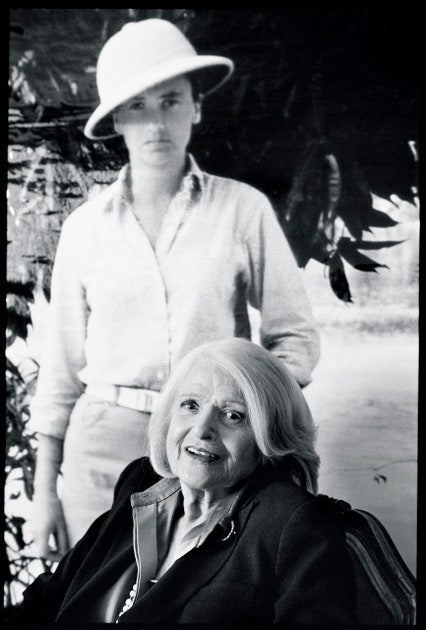
“Fuck the Supreme Court!” Edith Windsor said, one hideously hot morning in June, when she’d had just about enough. Then she sighed and mumbled, “Oh, I don’t mean that.” What she really meant was that she was hot, she was tired of waiting, and, most of all, she was tired of being told what to do. “I’m feeling very manhandled!” she said. It was Windsor’s eighty-fourth birthday, and she was spending it staring at a laptop screen as information from scotusblog.com flashed by in a typeface too small for her to read comfortably. Four years earlier, Windsor’s partner of more than forty years, Thea Spyer, died, leaving Windsor her sole heir. The two were legally married in Canada, in 2007, but, because of the Defense of Marriage Act, Windsor was not eligible for the exemption on estate tax that applies to husbands and wives. She had to pay $363,053 in taxes to the federal government, and $275,528 to New York State, and she did not think that was fair. So, with the help of her attorney, Roberta Kaplan, Windsor sued the United States. “When I saw it in print on the brief—Edith Windsor v. the United States of America—for a…